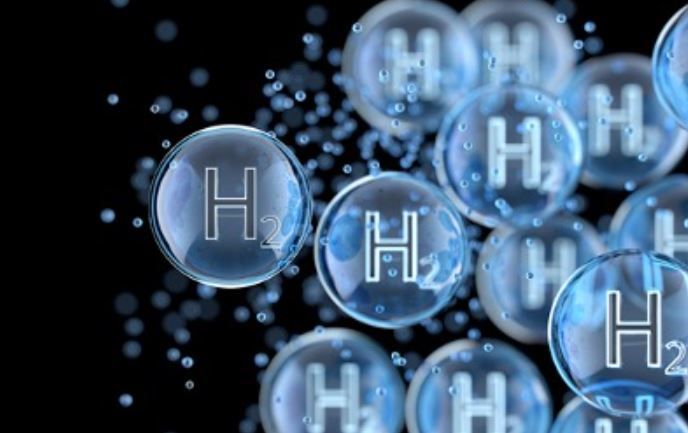Sarawak and Eneos Corporation are enhancing their partnership to develop a competitive clean hydrogen production network using methylcyclohexane (MCH).
Premier Datuk Patinggi Tan Sri Abang Johari Tun Openg announced that this collaboration aims to lower hydrogen production costs. The Hornbill Project, a joint initiative between Sarawak and Japan, aims to convert hydrogen from gas into liquid form allowing larger quantities to be shipped to Japan.
Through the Hornbill Project, Sarawak is set to become a significant hydrogen producer and exporter. The initiative plans to convert hydrogen into MCH to be transported to Japan for industrial purposes. This new method is anticipated to reduce production costs, making hydrogen more competitive in the market while opening opportunities in Japan and other industries.
Abang Johari emphasized the project’s focus on large-scale hydrogen production via MCH, which will be directly delivered to plants. With a target to produce 240,000 tonnes of hydrogen by 2028–2029, this innovative process will employ hydropower in Sarawak. While another study in Brisbane, Australia, is using solar energy, Sarawak’s approach relies on its abundant hydropower resources.
As a major energy supplier in Japan, Eneos aims to make hydrogen, synthetic fuels, and biofuels the energy sources of the future to achieve carbon neutrality. The corporation is heavily investing in research and development using digital technologies for a consistent energy supply, a carbon-neutral society, and creating new innovative materials.
